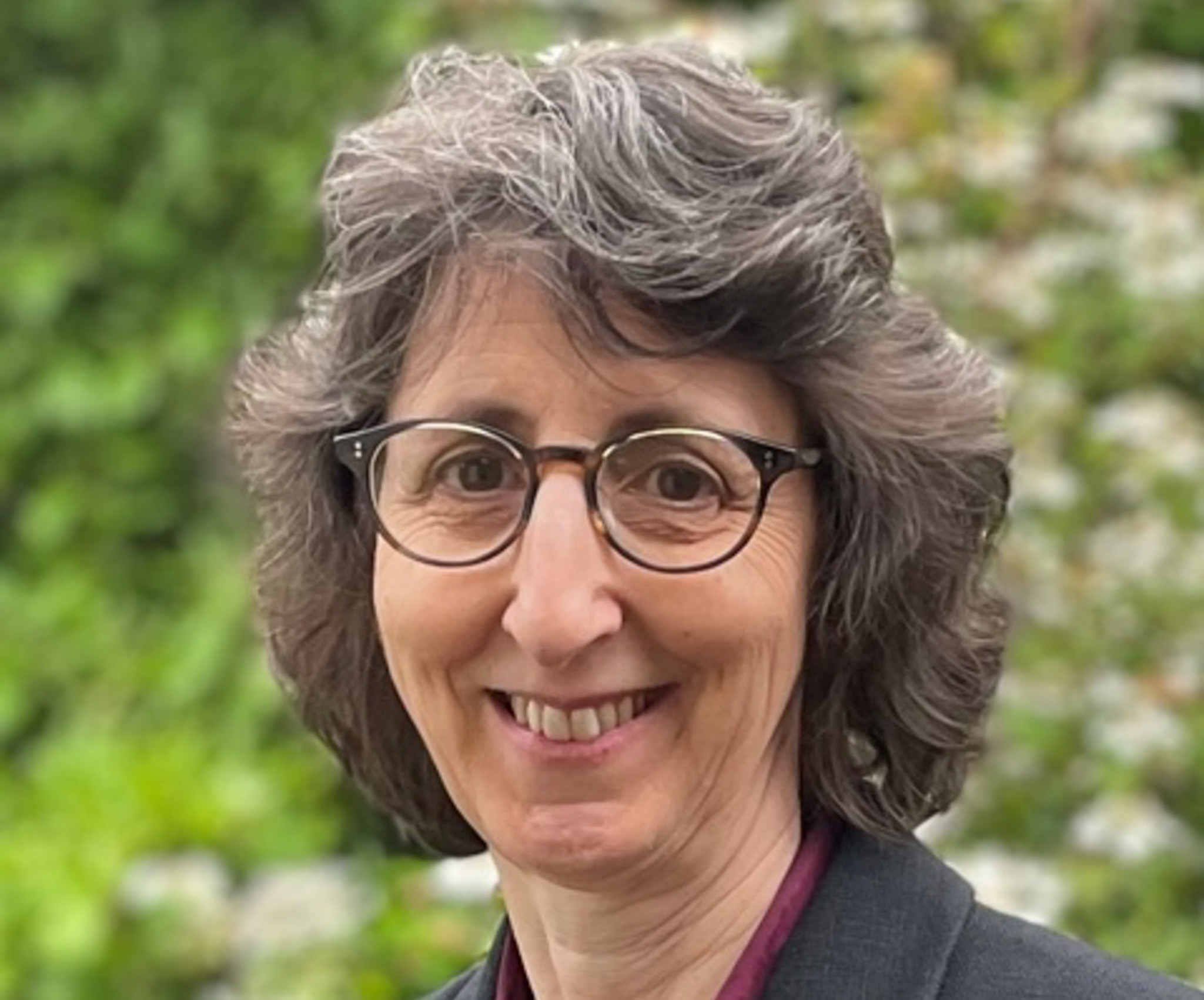
Jun 14, 2023
Jean Lynch-Stieglitz, professor in the School of Earth and Atmospheric Sciences, will take her climate research experience to Washington D.C. as a recipient of the National Academies of Sciences, Engineering, and Medicine Jefferson Science Fellowship. Lynch-Stieglitz is one of nine fellows selected this year, and she will be joined by Olga Shemyakina, associate professor in the School of Economics.
The Jefferson Science Fellowship Program engages American science, technology, engineering, and medical faculty in critical service to U.S. foreign policy and international development through a one-year agency assignment with the Department of State or U.S. Agency for International Development (USAID). Fellows return to their academic careers after a year of service, but remain available to the U.S. government as experienced consultants for short-term projects.
Lynch-Stieglitz researches the behavior of the Earth’s oceans and climate over the last 100,000 years. Work in this area has helped in understanding the full range of behavior possible for the ocean/climate system, and which parts of this system may be vulnerable to change in the future.
“I was very pleased to be named a Jefferson Fellow, and am particularly excited that I was matched to the Office of Global Change, which is responsible for implementing and managing U.S. international policy on climate change,” Lynch-Stieglitz says. “I hope to be able to use some of my expertise in the oceanic carbon cycle and the role of the ocean in climate change to the work of the office.
“The Jefferson Fellowship is also a unique opportunity for me to learn something new and do something completely different from my normal duties as a faculty member. I hope to enjoy the fast-paced environment at State, and learn a lot about U.S. and international climate policy and climate diplomacy.”
“Lynch-Stieglitz’s selection as a Jefferson Science Fellow is certainly an honor that recognizes her expertise in climate science,” says Greg Huey, professor and chair of the School of Earth and Atmospheric Sciences. “However, more importantly she will bring her knowledge and experience to the State Department to address key climate-related challenges and promote sustainable solutions. I do regret losing her from campus for a year as we will miss her leadership.”
Lynch-Stieglitz has also served as ADVANCE Professor for the College of Sciences, one of six representing each Georgia Tech college. The ADVANCE Program builds and sustains an inter-college network of professors who are world-class researchers and role models to support the community and advancement of women and minorities in academia.
"She has left an indelible stamp in many areas, including reform of our hiring procedures and our curriculum," Huey adds.
Jennifer Curtis, professor in the School of Physics, will step into that role on July 1, 2023 as Lynch-Stieglitz travels to Washington, D.C. for the fellowship.
“It is bittersweet in that I have to relinquish the College of Sciences ADVANCE Professorship in order to take on this full-time position in Washington,” Lynch-Stieglitz says. “I really enjoyed getting to know more of the women faculty across the college, and representing their interests to the Institute. But I can’t imagine a better person to take this role forward than Jennifer Curtis. She will do wonderful things.”
Applying for a Jefferson Science Fellowship
The Jefferson Science Fellowships are open to tenured, or similarly ranked, faculty from U.S. institutions of higher learning who are U.S. citizens. After successfully obtaining a security clearance, selected Fellows spend one year on assignment at the U.S. Department of State or USAID serving as advisers on issues of foreign policy and international development. Assignments are tailored to the needs of the hosting office, while taking into account the Fellows’ interests and areas of expertise.
Learn more and apply here.